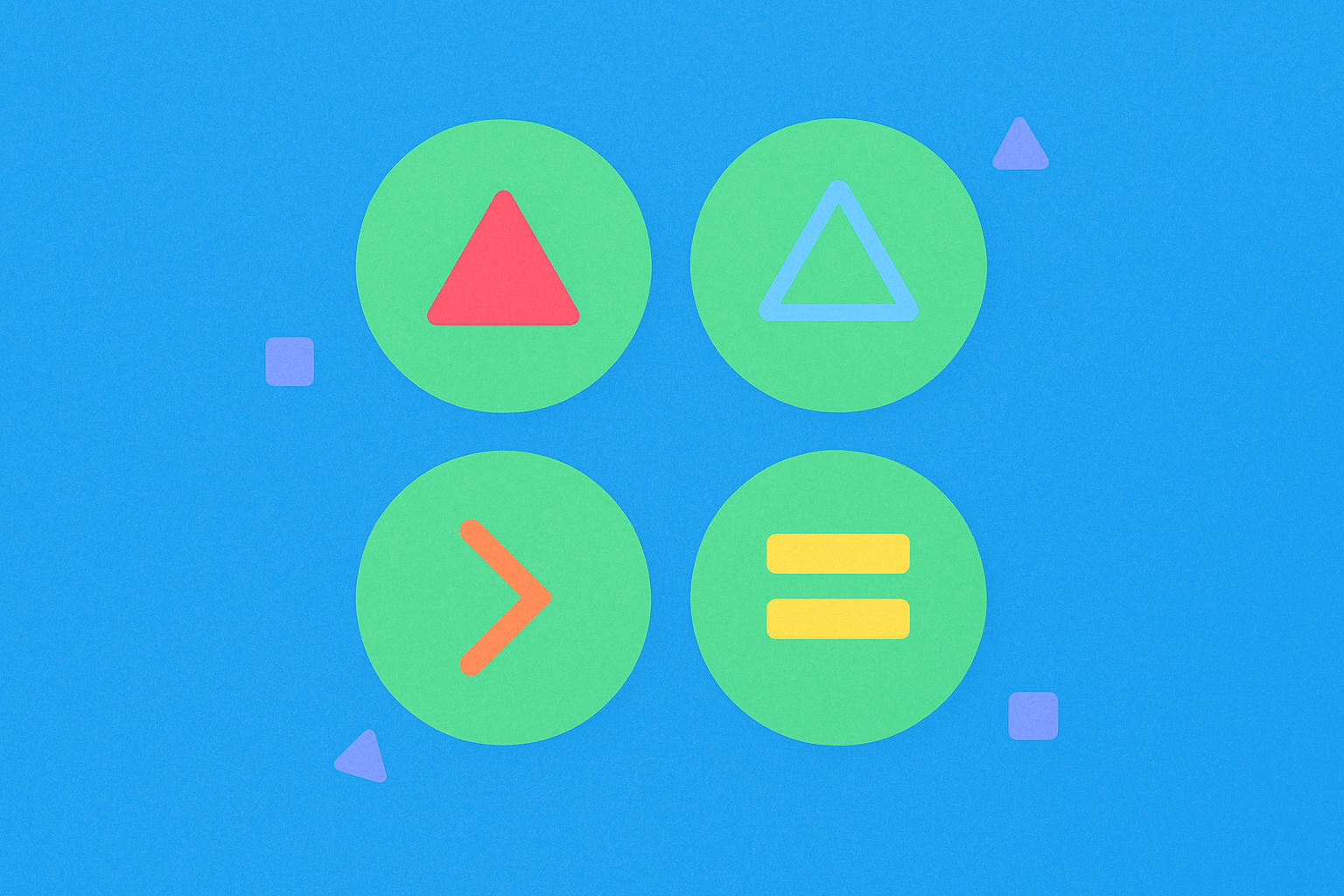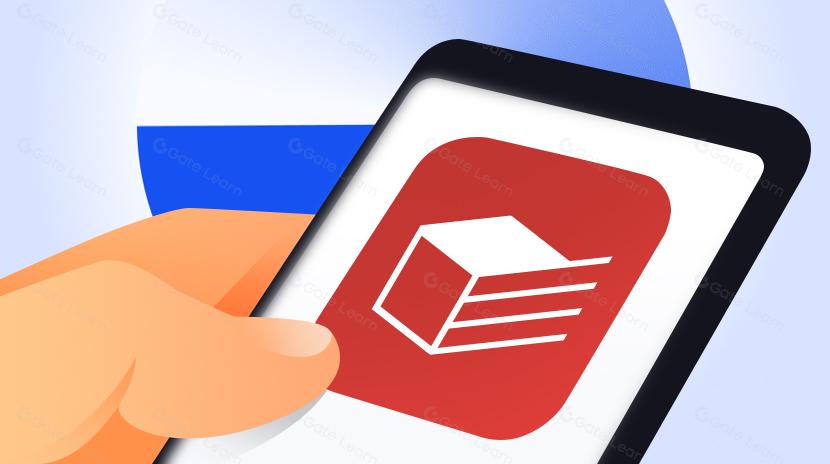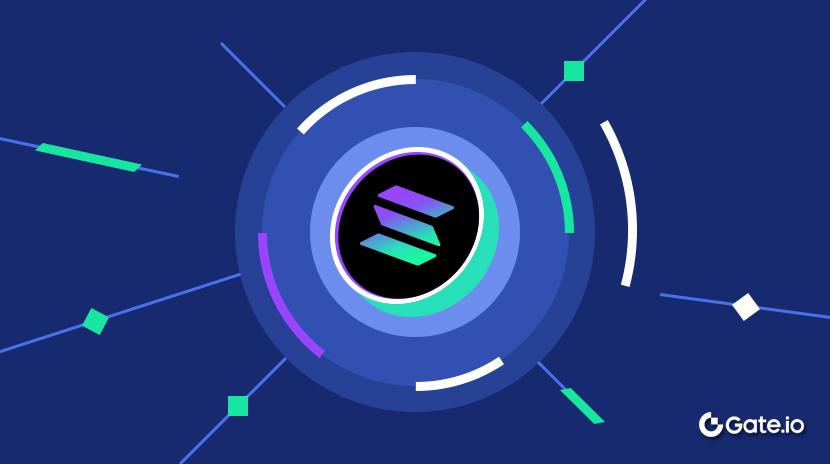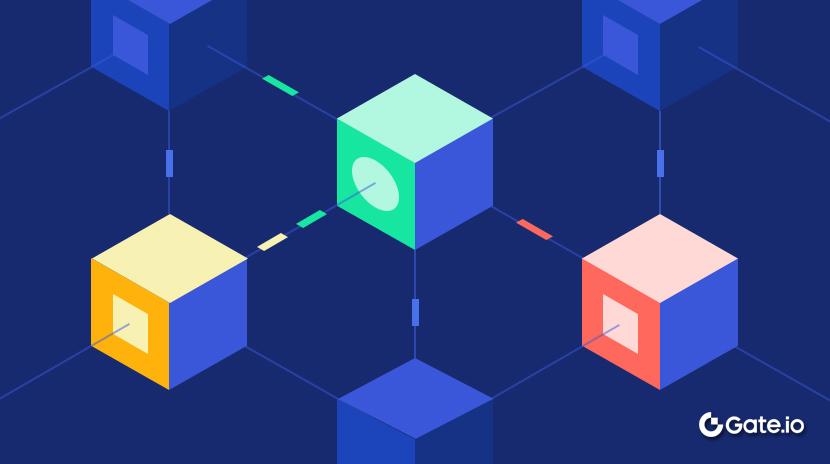منظمة مستقلة لامركزية

المنظمة المستقلة اللامركزية (DAO) هي نموذج تنظيمي يعتمد على تقنية البلوكتشين، ويتيح الحوكمة المؤتمتة عبر العقود الذكية دون الحاجة إلى الإدارة المركزية التقليدية. تعمل DAOs بقواعد محددة بالبرمجية وآليات تحفيزية تتيح لجميع المشاركين اتخاذ القرارات جماعيًا وإدارة الموارد التنظيمية. يقدم هذا النموذج المبتكر تحولًا جذريًا في حوكمة المؤسسات ويضع إطارًا جديدًا للتعاون المجتمعي وإدارة الاستثمارات وتطوير المشاريع، ويكتسب أهمية خاصة في منظومة Web3.
آلية العمل: كيف تعمل DAO؟
تعتمد DAOs على العقود الذكية وتقنية البلوكتشين، وتوفر آليات حوكمة شفافة لا يمكن تعديلها:
- أساس العقود الذكية: تُنفذ جميع القواعد التنظيمية وعمليات اتخاذ القرار وآليات توزيع الموارد عبر كود العقود الذكية، ما يضمن التنفيذ التلقائي دون تدخل بشري.
- حوكمة الرموز: تمنح معظم DAOs أصحاب رموز الحوكمة حقوق التصويت، وتكون قوة التصويت عادةً متناسبة مع حجم الملكية الرمزية.
- أنظمة الاقتراح والتصويت: يمكن للأعضاء تقديم مقترحات تحسين، ويتم اتخاذ القرار عبر تصويت المجتمع، مع إمكانية التحقق العلني من كل خطوة على الشبكة.
- التنفيذ التلقائي: عند الموافقة على المقترح، تنفذ العقود الذكية العمليات ذات الصلة تلقائيًا، مثل تحويل الأموال أو تعديل المعايير.
- آليات الحوافز: تشجع الأعضاء على المشاركة الفعالة في الحوكمة التنظيمية واتخاذ قرارات تصب في مصلحة التطوير عبر مكافآت رمزية ووسائل تحفيزية أخرى.
ما هي الميزات الأساسية لـ DAO؟
-
اتخاذ القرار اللامركزي:
- يلغي الهياكل السلطوية المركزية في المؤسسات التقليدية، ويوزع سلطة القرار على جميع الأعضاء.
- يتيح لأي مشارك تقديم المقترحات والتصويت وفق القواعد المحددة مسبقًا، ويمنع تركيز السلطة.
-
الشفافية:
- تُسجّل كل القرارات وحركة الأموال وإجراءات الحوكمة علنًا على البلوكتشين.
- يمكن لأي طرف مراجعة وتدقيق أنشطة المنظمة، بما يمنع الفساد والتلاعب الخفي.
-
المشاركة العالمية:
- يتجاوز الحواجز الجغرافية، ويتيح للأفراد من أي مكان في العالم المشاركة في حوكمة DAO.
- يقلل من حواجز الانضمام، ويعزز تكوين توافق واسع النطاق.
-
الاستقلالية:
- تعمل المؤسسات تلقائيًا استنادًا إلى قواعد محددة سلفًا دون الحاجة لوسطاء أو تدخل إداري.
- تنفذ القواعد عبر البرمجية، ما يحد من فقد الكفاءة ومشكلات الثقة المرتبطة بالعامل البشري.
-
حالات الاستخدام:
- DAOs الاستثمارية: إدارة المحافظ الاستثمارية بشكل جماعي، مثل FlamingoDAO وMetaCartel.
- DAOs لحوكمة البروتوكولات: إدارة معايير وترقيات بروتوكولات DeFi، مثل Uniswap وAave.
- DAOs الاجتماعية: بناء مجتمعات حول اهتمامات مشتركة، مثل Friends With Benefits.
- DAOs الخدمية: تقديم خدمات لامركزية، مثل Raid Guild (خدمات تطوير) وLexDAO (خدمات قانونية).
التوجهات المستقبلية: إلى أين تتجه DAO؟
تخضع DAOs حاليًا لتطور سريع مع ظهور اتجاهات مستقبلية بارزة:
- الاعتراف القانوني والأطر التنظيمية: مع توسع تطبيقات DAOs في الأعمال، شرعت بعض الولايات القضائية في تطوير أطر قانونية مخصصة، مثل تشريع Wyoming لـ DAO.
- التشغيل المتداخل بين الشبكات: ستتوسع DAOs لتتعاون وتشارك الموارد عبر بلوكتشينات متعددة، مما يعزز نطاق تأثيرها.
- الابتكار في الحوكمة: ستتطور آليات التصويت لتشمل التصويت التربيعي، أنظمة السمعة، والديمقراطية السائلة، لمعالجة تحديات ضعف المشاركة وهجمات الحوكمة.
- الاندماج مع العالم الواقعي: ستدخل DAOs تدريجيًا القطاعات التقليدية لإدارة الأصول الواقعية والمشاريع المجتمعية والبنية التحتية العامة.
- التخصص وتقسيم العمل: سيظهر المزيد من DAOs المتخصصة في مجالات بعينها، إلى جانب meta-DAOs التي تقدم أدوات وخدمات إدارة DAOs.
تقنيًا، ستنضج أدوات DAOs المعيارية، ما يقلل الحواجز التقنية لإنشائها وتشغيلها، وستساهم أنظمة الهوية والسمعة على الشبكة في تعزيز الثقة في البيئات المجهولة.
ستواصل DAOs إعادة تعريف مفاهيم التنظيم والتعاون وصنع القيمة، وقد تُمثل الشكل المؤسسي السائد مستقبلًا.
تمثل المنظمات المستقلة اللامركزية نقلة ثورية في الهياكل التنظيمية التقليدية بفضل تقنية البلوكتشين. وباستخدام آليات الحوكمة المؤتمتة عبر العقود الذكية، توفر DAOs نموذجًا تعاونيًا لا يعتمد على وسطاء موثوقين، يمتاز بانفتاح عالمي وشفافية عالية. وبرغم التحديات الحالية مثل عدم وضوح الوضع القانوني وكفاءة الحوكمة والمخاطر الأمنية، إلا أن النضج التقني وتراكم الخبرات العملية يمنح DAOs فرصة لتصبح جزءًا أساسيًا من أنماط التنظيم المستقبلية، وتلعب دورًا متناميًا في الاقتصاد الرقمي. DAOs ليست مجرد ابتكار تكنولوجي، بل تشكل إعادة هيكلة جذرية لأنظمة السلطة وآليات اتخاذ القرار، وتفتح آفاقًا جديدة للتعاون البشري.
المقالات ذات الصلة

ما هو Tronscan وكيف يمكنك استخدامه في عام 2025؟

ما هو سولانا?
